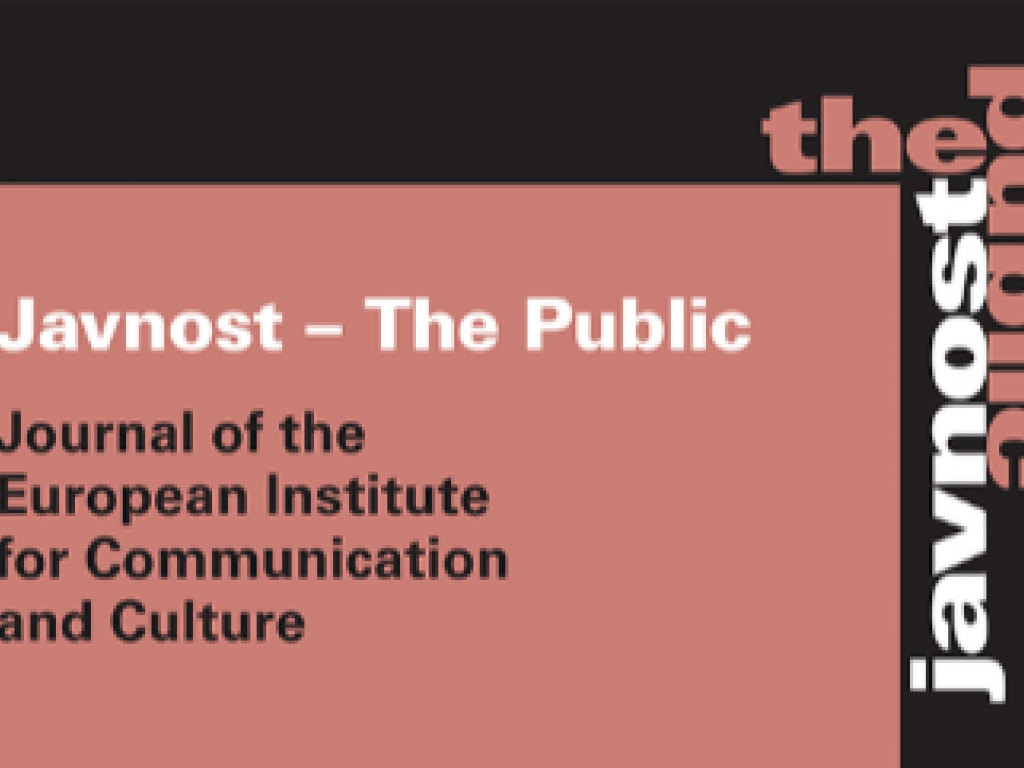How does Law communicate - a call for papers

An informed citizenry is not supposed to ignore the law. However, how does law communicate in the contemporary democratic public sphere?
Distinguished Professor Phillipe-Joseph Salazar and Klaus Kotze, of UCT Law Faculty's Centre for Rhetorics Studies, will be editing a special edition of Javnost - The Public, focused on How does Law communicate?. New date for submission of brief outlines - 30 April 2020.
This is the call for original and thought-provoking papers by authors specialised in legal rhetoric, critical legal studies, and legal studies at large, to help to unravel a number of issues such as (and not limited to):
- law journal editorial strategies in the dissemination of legal knowledge
- the writing of judgements by superior courts
- theories of legal interpretation and jurisprudence
- the communicative practices of the judiciary or justice ministries in publicising the law, or
- law firms corporate communications.
Historical papers with direct relevance to publicness in the modern period (19th Century onward) may be submitted. Eight papers will be retained after rigorous peer-review.
Paper length: 8,000 words.
Due date for remittance of papers: 1 October 2020.
Publication date of this issue: 1st semester 2021
This thematic issue is guest-edited by Philippe-Joseph Salazar, Distinguished Professor of Rhetoric (first editor) and Klaus Kotzé, A W Mellon-UCT Postdoctoral Fellow in Rhetoric Studies (second editor), both at the Faculty of Law, University of Cape Town, South Africa. The editors' email is: lawcommunicate@protonmail.com
Javnost - The Public is a leading journal in communication and critical studies, published by Taylor and Francis Routledge, and carries subsidy from DHET. Please refer to the Journal webpage for more detail,